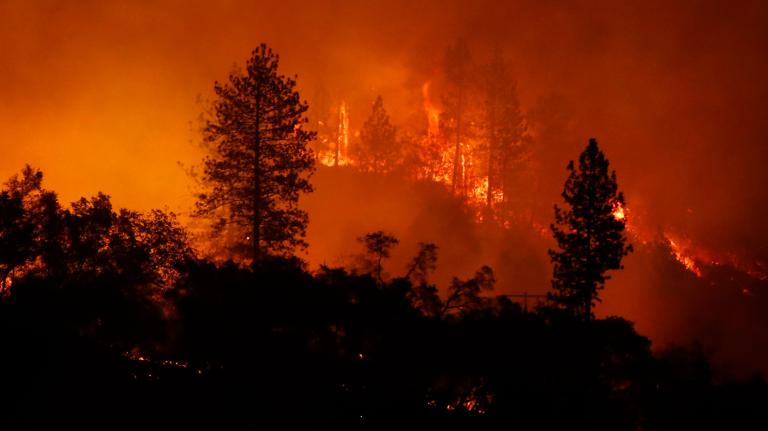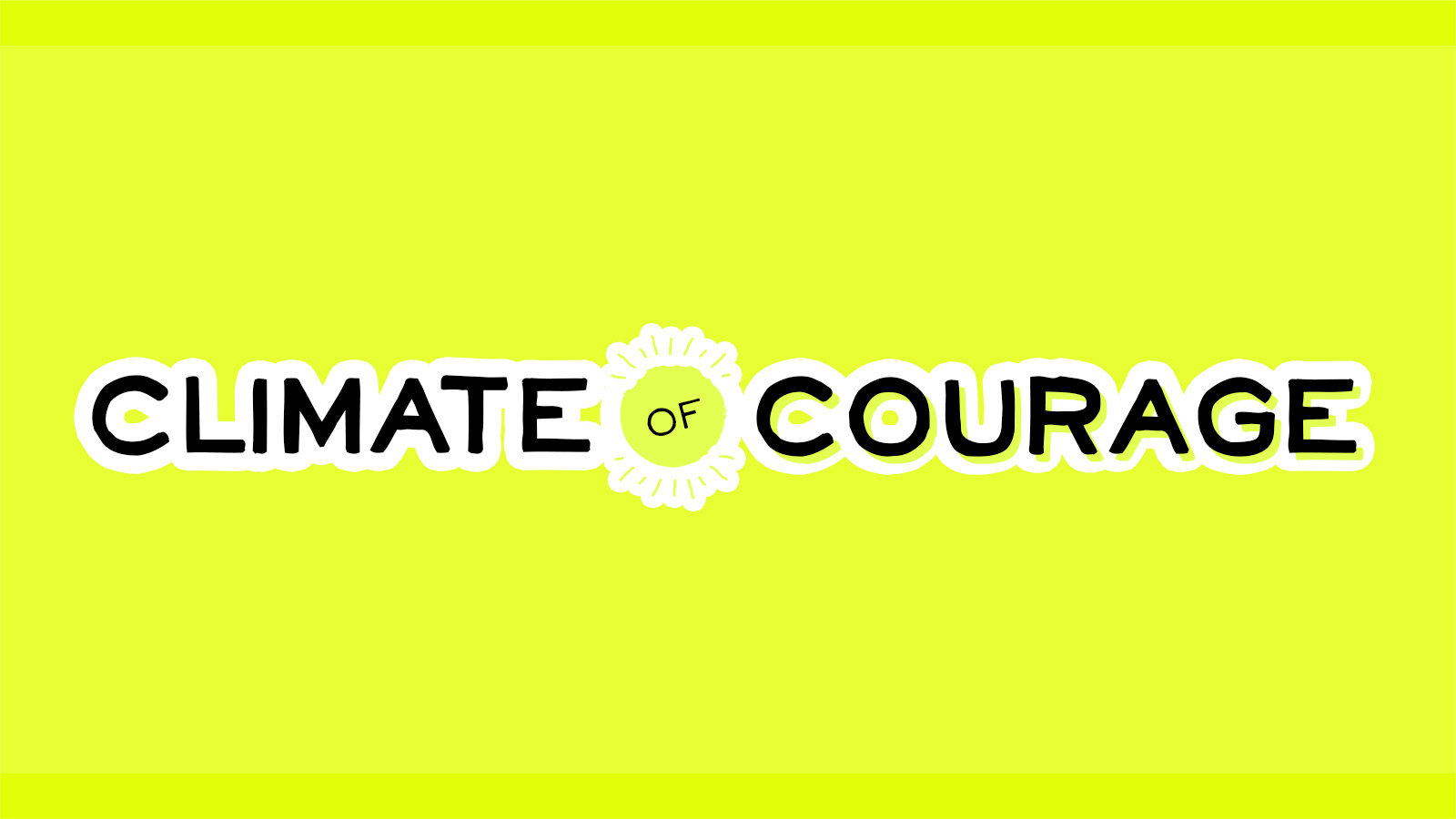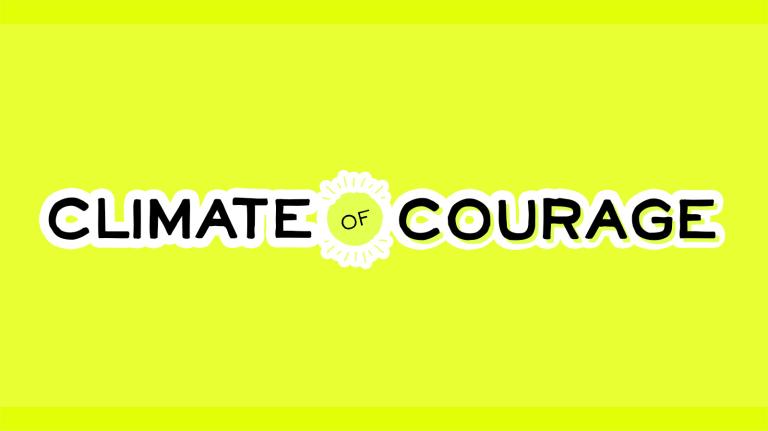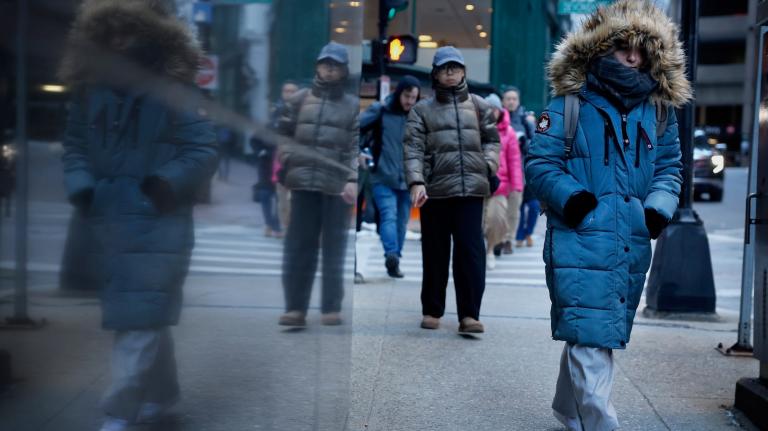I follow the weather obsessively, but I can’t remember any other time in modern American history when a town of more than 25,000 people was demolished in just six hours, like Paradise, California, was. Maybe Homestead, Florida, during Hurricane Andrew in 1992 — but Homestead at least had a few days warning. Maybe Moore, Oklahoma, which suffered four devastating tornadoes between 1999 and 2013. But never because of a wildfire.
I didn’t know anyone in Paradise. I have never been there. But at times I felt like this was my hometown, my family, my friends who lost everything. For all of Saturday, I read about their stories and watched pictures of their burned homes and sat in silence.
This is the heart of climate grief.
This isn’t to take away from those survivors who were directly affected. I’m not trying to elevate my own experience in any way. This is just an attempt to say that what I felt — what at least a dozen of my friends also told me they felt — is real. We are all connected, and our shared planet is making us aware of that, painfully at times.
An organization called Good Grief is trying to take on the challenge of helping to guide people like me who sometimes struggle with the loss and uncertainty that comes with being immersed in stories of climate disaster. They’ve developed a 10-step path to resiliency that I think everyone could benefit from. (Here’s some background on how they developed these steps.)
Of course, for people close enough to experience the smoke of the fire, the grief is even more intense. There’s a national disaster distress hotline that was set up specifically for times like this. Studies show that PTSD in survivors of previous disasters is often triggered during national crises. Survivor’s guilt is real.
Feeling like this is expected, at least some of the time. We feel this way because we love each other and we love the world. The changes we’re seeing are happening at a geological scale, faster than at any time in our planet’s history. We humans just aren’t built to process that kind of change.
It’s also worth remembering — every damn day — that a burned and broken world is not our destiny. We aren’t fated to any particular future, and the choices each of us make every day mean a lot, especially at this important moment in history. The best thing that each of us can do going forward is to talk about how important climate change is with everyone you can. It’s only by building up a groundswell of support that our leaders will notice and take bold action in the time we have left.
It may take years or even decades for the town of Paradise to recover from this week’s fires. And, by then, other fires will have come and gone across California. That’s why our work to help build a world that’s resilient to climate change is so important — the climate isn’t going to wait for us. We need to be supportive of each other every day. The world depends on it.




